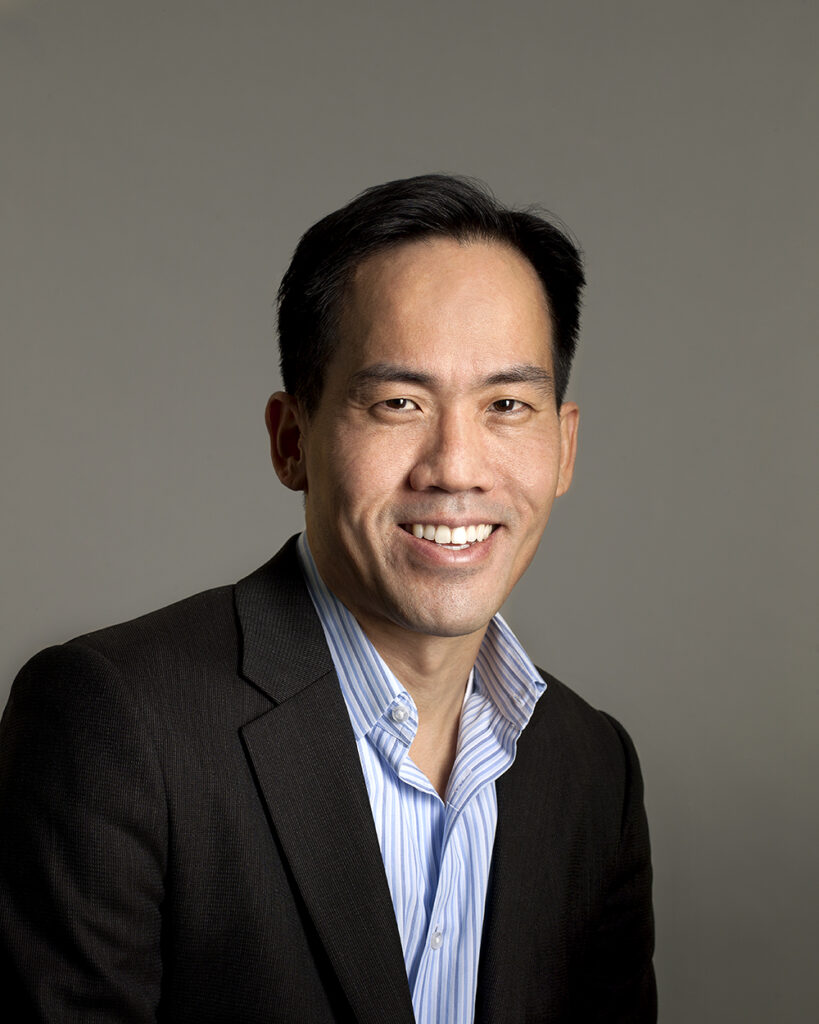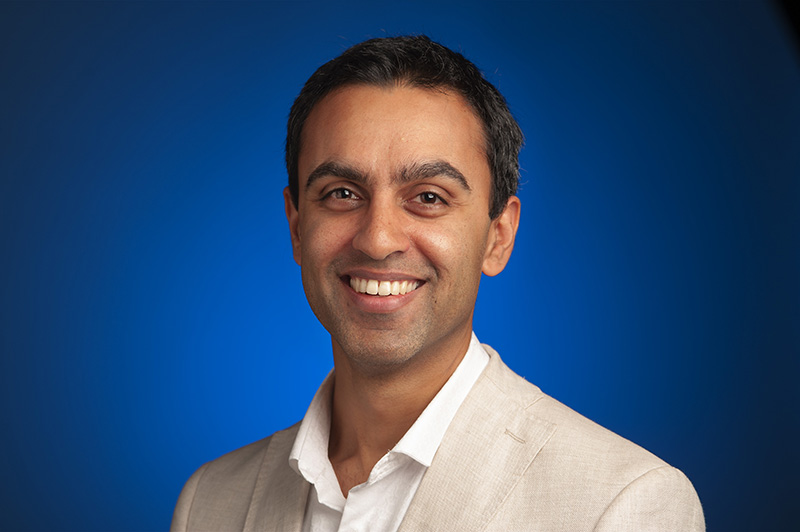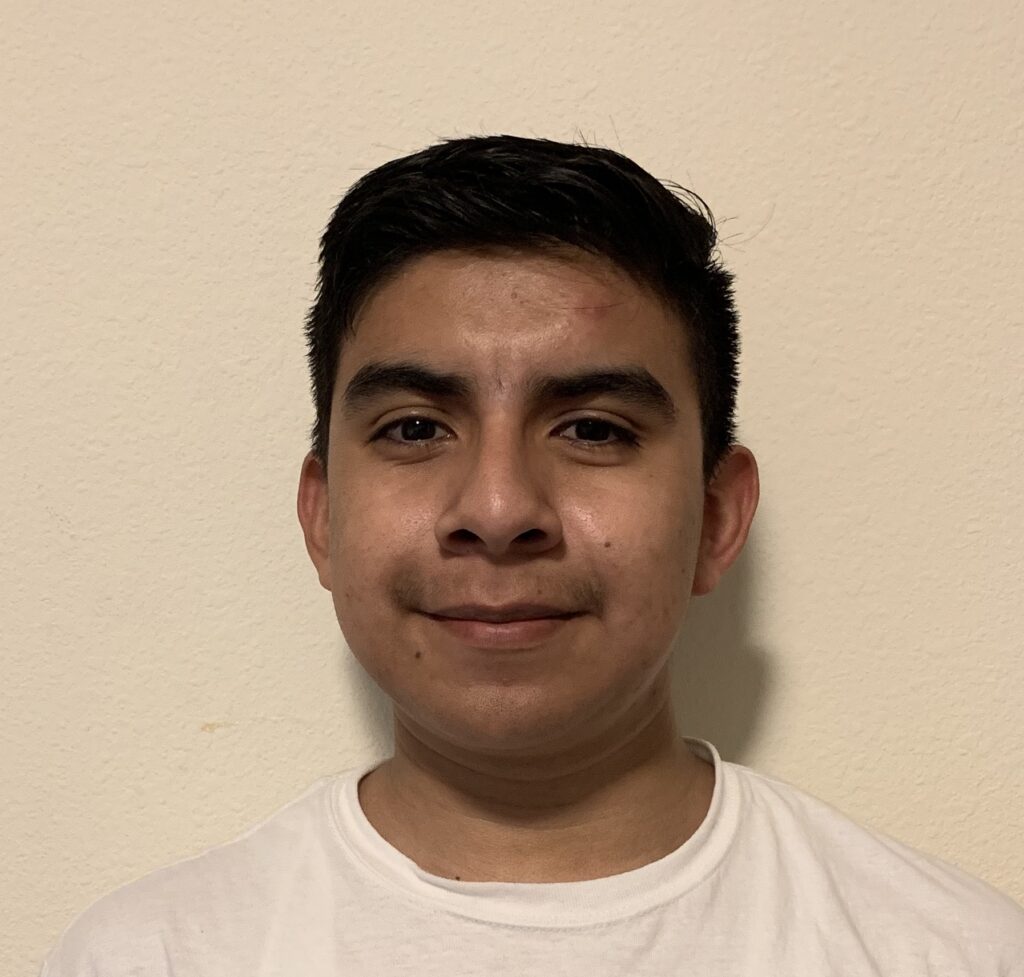Career questions from inquiring young minds and answers from professionals.
June 30, 2020
By Margan Mulvihill, Associate Director of Development & Communications
“I learned from Angela about the power of not knowing–curiosity pushes you to become better and to learn.” —Elizabeth, Enterprise for Youth intern
As part of Enterprise for Youth’s internship program, youth are given the opportunity to learn about careers in various fields from the experts themselves. Last week, seven tech professionals spoke to Enterprise youth via Zoom about their professional experiences, how they developed their careers, how they are handling the pandemic, challenges with diversity, how to work smarter, and what makes working in tech fun (free food and game rooms!). Youth were able to ask questions in small breakout sessions.
Below are seven takeaways ranging from broad career advice for young people to specific tips for working in tech.

Head of Product at Stitch Fix
- Talk to as many people as possible about their jobs. Donna Boyer, Head of Product at Stitch Fix, tells the youth, “one of the most important things you’re doing now is learning about the opportunities out there.”

Executive Vice President at Salesforce
- Develop technical skills, then business skills. Clarence So, an Executive Vice President at Salesforce, has found that technical ability is necessary for early success and that a strong business sense drives long-term success. Developing a good work ethic from a young age is also a must.

Senior Product Marketing Manager at Dropbox
- Start small. Elisha Vukovic, Senior Product Marketing Manager at Dropbox, began her career at a startup. She explained that the startup environment was important for her career development because she could take on a wider variety of roles and responsibilities, which ultimately helped her transition to a larger company. Donna Boyer also added that dabbling in different fields by taking online classes can help gauge your interest in a particular field.
“Mr. So really inspired me. He said that we can do anything if we put our mind to it. If we believe in something, we can do it.” —Samantha, Enterprise intern

Product Manager for Google Chat
- Make things happen for yourself. “I wish I knew the idea of making deliberate choices at 16,” shares Shahid Hussain, Product Manager for Google Chat. For students, it is easy to move through an educational path without urgency and sometimes without agency. Shahid made the deliberate choice to immigrate to the US because he wanted to work at the forefront of the tech industry and now he finds himself amongst brilliant colleagues at Google.

Software Engineer at Google
- Be a team player. Angela Taylor, Software Engineer at Google, starts each day by reviewing all the projects she’s working on with others and making sure she has completed her tasks. This prevents colleagues having to wait on you to finish your portion of the project.

User Experience Designer at Riffyn
- Don’t be afraid to ask for help. User Experience Designer at Riffyn, Jess Dillard, benefits from having others double check her work to avoid making mistakes.

IT Logistics Technician at Dropbox and Enterprise alum from 2019
- Give it all you got. Our youngest panelist, Marlon Ochoa, IT Logistics Technician at Dropbox and Enterprise alum from 2019, tells his peers that working hard at your internship is important. By giving it your all, regardless of your interest in the position, you are gaining valuable work experience and proving to your future employers that you can get a job.
The panel opened students’ minds to the breadth of career possibilities. Kyle, an Enterprise intern, says, “Clarence’s advice helped me to think outside of the box. My perspective on my major has expanded past the traditional careers of health care and reassured me of interdisciplinary opportunities.”
Enterprise intern Skye sums up the impact that these panels can have in helping youth start to imagine and understand the real-world steps they will need to take to explore their futures: “Something I found inspiring was that you don’t have to know what you want to do when you grow up and even the most successful people don’t always know what they want to be until later in life. In high school, the expectation of figuring out a path can be stressful, so it was nice to learn that many of the speakers ended up with a different major or following a different career path than they thought they would when they were in high school.”

